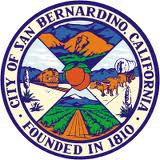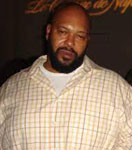Planning a Catch-up Strategy
Sometimes people find themselves in debt and behind on their house and mortgage payments because there has been an illness, a loss or reduction in income, or some other reason. Often, these debtors have the ability to pay their major bills going forward but may not have enough income in order to meet all of their debt obligations as they come due. Chapter 13 bankruptcy is often an effective strategy for catching up on loan defaults and other debts.
In a Chapter 13 case, you and your attorney will prepare a repayment plan that describes to the court and to the creditors how you intend to address your debts. Certain debts must be paid in full, although they can be paid over a period of time. For example, if you are behind on your mortgage, you can repay the arrearage over as much as five years. Some debts can be restructured. For example, if you want to keep your car, you must pay at least the fair market value of the car, but you may be able to reduce the interest rate on the loan and you may be able to increase the length of time over which you make the payment. This often results in a reduction in monthly payments by a significant amount.
Some debts can be cancelled in whole or in part. For example, most credit card payments, medical bills, past due utilities, unsecured finance company loans, and debts from old car loans or apartment leases can be cancelled in whole or in part. By restructuring your debts in this way, you are often able to effectively resolve your debt issues through a Chapter 13 reorganization proceeding.






















